College of Human Sciences
The fabric of LGBTI stigma needs to be reworked
“We must be attuned to the pain that discrimination causes, as well as the stigma and violence of criminalisation that still hangs over us, particularly in Africa. We cannot, in these circumstances, afford to turn against one another because of body images or shapes, because of skin colour or national origin or culture, HIV status or gender identification or any other reason,” said Justice Edwin Cameron. Cameron is a judge on the Constitutional Court of South Africa and well known for his HIV/AIDS and gay-rights activism, and was hailed by Nelson Mandela as ‘one of South Africa’s new heroes’.
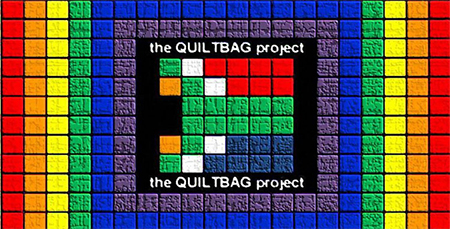
The Quiltbag project is an advocacy community engagement project with the express aim of raising awareness and educating the wider community on queer/questioning, undecided, intersex, lesbian, trans (transgender/transsexual), bisexual, asexual, and/or gay/genderqueer (Quiltbag) human rights and abuses. The project aims to ultimately make both members and non-members of the wider queer community aware of the many different gender and sexual minorities and of their challenges and their achievements; it aims to advocate for the human rights of the quiltbag community; it aims to bust myths and stereotypes, to fight ignorance and to create a sound platform for debate, conversation and reconciliation; it aims to challenge the representation of quiltbags in film (and other media texts) and to educate about issues concerning the quiltbag community especially within the cinematic scape.
Speaking at the fourth Quiltbag project seminar on 6 October 2017, Cameron said he believes we stimagise others because we stigmatise ourselves. “And that stigma comes from a place very deep within ourselves,” he said. “If we don’t understand that our particular history as South Africans, the struggle, of blood, sweat and human lives, produced our constitution, then we don’t understand where we are heading and we don’t understand what we are fighting for today,” Cameron added with regards to lesbian, gay, bisexual, transgender, and intersex (LGBTI) challenges.
Cameron has been openly gay since the early 1980s. He addressed the crowd in the first pride parade in South Africa held in Johannesburg on 13 October 1990. Thereafter he oversaw the gay and lesbian movement’s submissions to the drafters of the South African Constitution and was instrumental in securing the inclusion of an express prohibition on discrimination on the basis of sexual orientation. Cameron contracted HIV in the 1980s and became extremely ill with AIDS when working as a High Court judge. His salary allowed him to afford anti-retroviral treatment, which saved his life. Cameron’s realisation that he owed his life to his relative wealth caused him to become a prominent HIV/AIDS activist in post-apartheid South Africa, urging its government to provide treatment to all. His fight has been ongoing. “I fight for equality for many reasons. It’s an internal fight in asserting our own pride, and I think that’s a racial issue too. The internalisation of racial shame and stigma is also a factor,” he said.
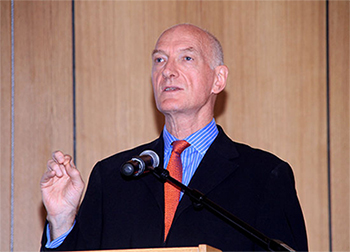
Justice Edwin Cameron (Constitutional Court of South Africa) is well known for his HIV/AIDS and gay-rights activism and was hailed by Nelson Mandela as “one of South Africa’s new heroes”.
The Quiltbag project is a registered non-funded community engagement initiative within Unisa’s College of Human Sciences. Half of its committee members include colleagues from the College of Law, where the project was initiated. The main aim of the project is to serve as a LGBTI advocacy group, addressing concerns within this community. The team has been organising a film festival and seminar for a few years, using both the films and the seminars to address a particular topic. This year’s theme tackled different forms of discrimination inside the LGBTI community and was titled The LGBTI community and internal discrimination.
To demonstrate the different types of discrimination which the LGBTI community suffers from within, the team selected the short film Brace, which sees transgender men discriminating against one another, and Love! Valour! Compassion!, which focuses on a variety of intolerances, such as age, disability, race, sexuality, and illness. These two films were complemented by a film from a local film-maker, Mlungisi Msomi, called This is my Rose, which addresses all these issues and more.
This year the Quiltbag project invited abstracts for papers on related themes including: depictions of internal discrimination in film/television, depictions of external homophobia in film/television, internal discrimination within the dating scene, discrimination against the LGBTI community in the work place, discrimination against the LGBTI community in social spaces (bars, wedding venues, et cetera), discrimination against the LGBTI community in places of worship, and legal, medical, socio-economic or educational perspectives on discrimination and the LGBTI community.
Quiltbag is an acronym that is generally seen as more memorable, easier to pronounce and more representative of the wider queer community. It stands for Queer and Questioning, Unidentified, Intersex, Lesbian, Transgender and Transsexual, Bisexual, Asexual, Gay and Genderqueer.
*By Kirosha Naicker
Publish date: 2017-10-10 00:00:00.0

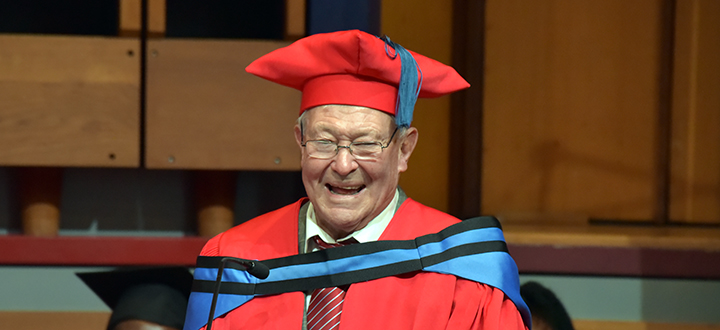 Community champion and agricultural entrepreneur extraordinaire honoured by Unisa
Community champion and agricultural entrepreneur extraordinaire honoured by Unisa
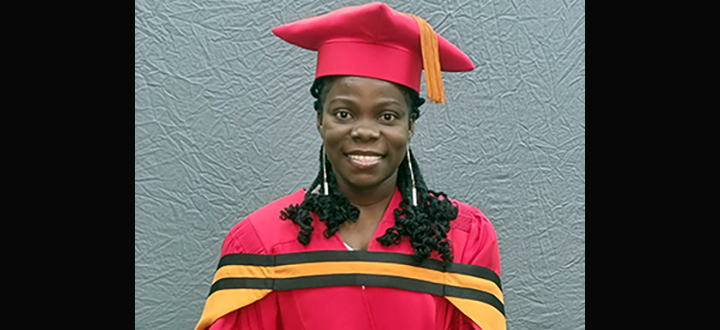 Ghanaian-born Swede earns PhD in Information Sciences from Unisa
Ghanaian-born Swede earns PhD in Information Sciences from Unisa
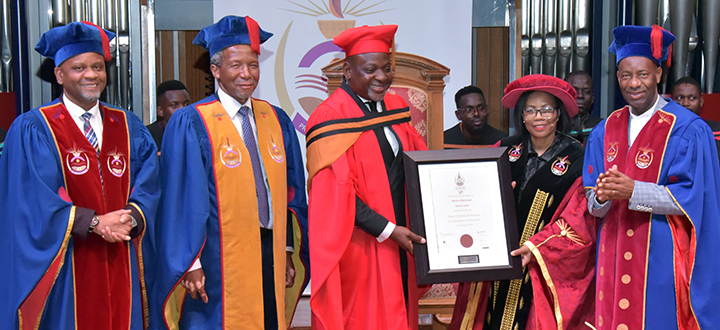 Unisa awards honorary doctorate to exemplary philanthropist and entrepreneur Collen Tshifhiwa Mashawana
Unisa awards honorary doctorate to exemplary philanthropist and entrepreneur Collen Tshifhiwa Mashawana
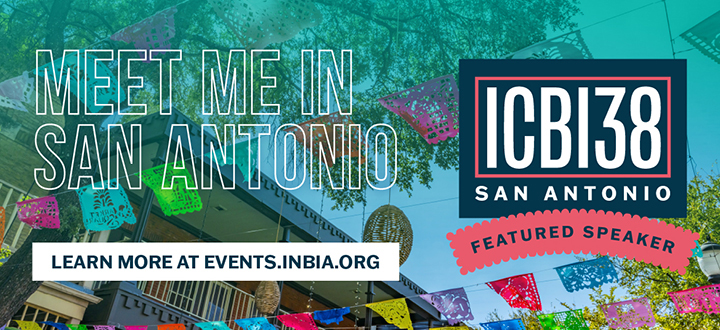 Inhlanyelo Hub explores financing and sustainability at the International Conference on Business Incubation
Inhlanyelo Hub explores financing and sustainability at the International Conference on Business Incubation
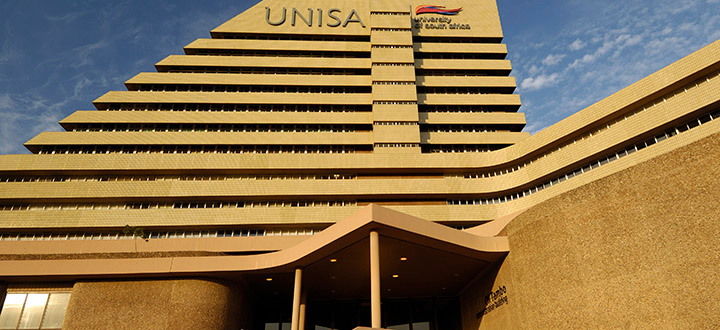 Unisa remains anchored among the waves
Unisa remains anchored among the waves